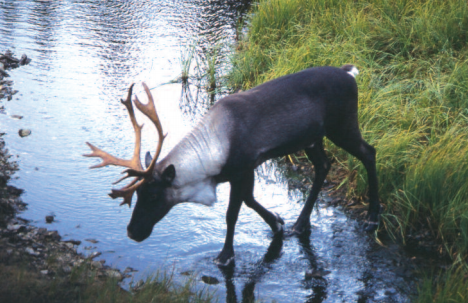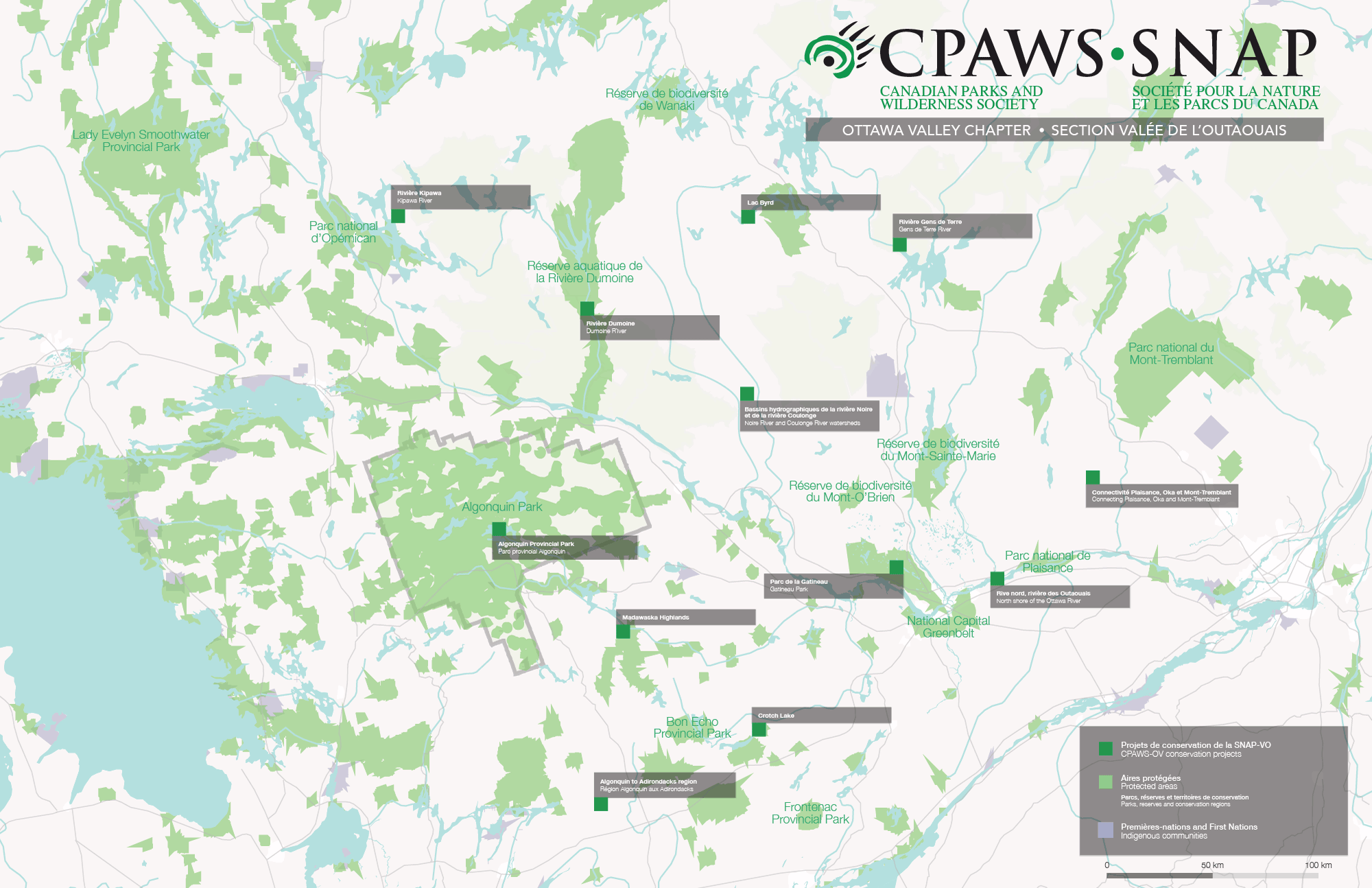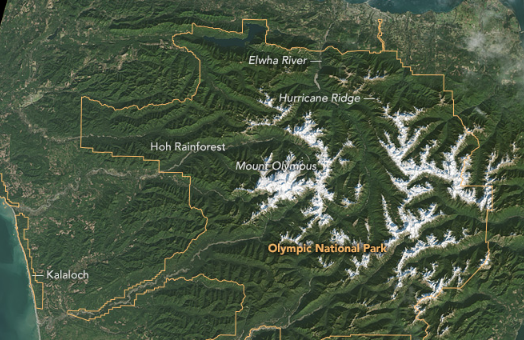The Wildlands League in Ontario and The Société pour la nature et les parcs (SNAP) in Quebec are two community based chapters organized by The Canadian Parks and Wilderness Society (CPAWS) which are proudly supported by Rayonier Advanced Materials
Bringing together stakeholders from the environmental community
Boreal Caribou Conservation
Boreal Caribou populations are highly sensitive to disturbances in their ranges and have a low reproductive rate. Much of their habitat was found to be degraded and the species is declining especially in the southern part of its range in Canada.
Protected areas or Conservation Lands
CPAWS Quebec is working to create protected areas in several regions of southern Quebec.
The nature deficit is also more present for populations living in urban areas. Access to natural spaces significantly improves the quality of life of the inhabitants of these highly urbanized centers.

Wildlands League stands for:
- stronger protection measures in national and provincial recovery strategies;
- reviewing environmental assessment plans by industry proposing to operate (or that are operating) in caribou country;
- highlighting threats to boreal caribou in Ontario;
- producing an annual report on the federal and provincial governments’ progress in caribou conservation;
- putting forth solutions that protect habitat (see our report on hydro lines in caribou country or our work on the Cochrane Plan in the Abitibi River Forest);
- working with the forest industry to produce caribou action plans;
- carrying out field visits to caribou country to better understand stresses on their habitat;
- supporting the documentation of Traditional Ecological Knowledge by First Nations;
- supporting new scientific research;
- talking to scientists to make sure we are applying the latest science on caribou conservation; and,
- when all else fails, going to court.

SNAP stands for:
- The protection of our natural environments:
- Forging the environmental leaders of tomorrow by providing immersion in nature to young people from various communities
- Carry out scientific missions in the parks of Quebec in connection with the conservation of fauna and flora species;
- Support CPAWS activities related to the expansion of the network of protected areas in Quebec.


